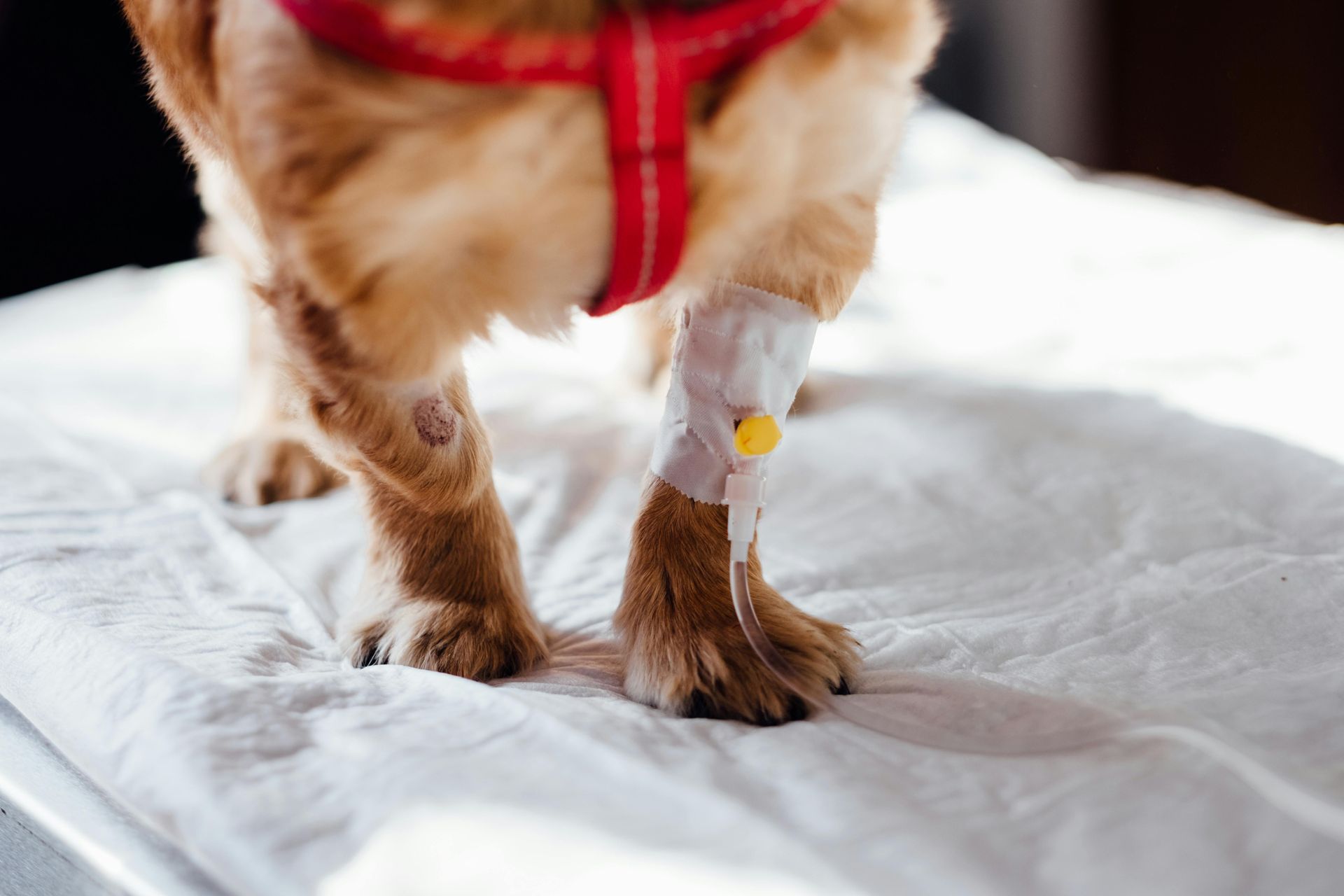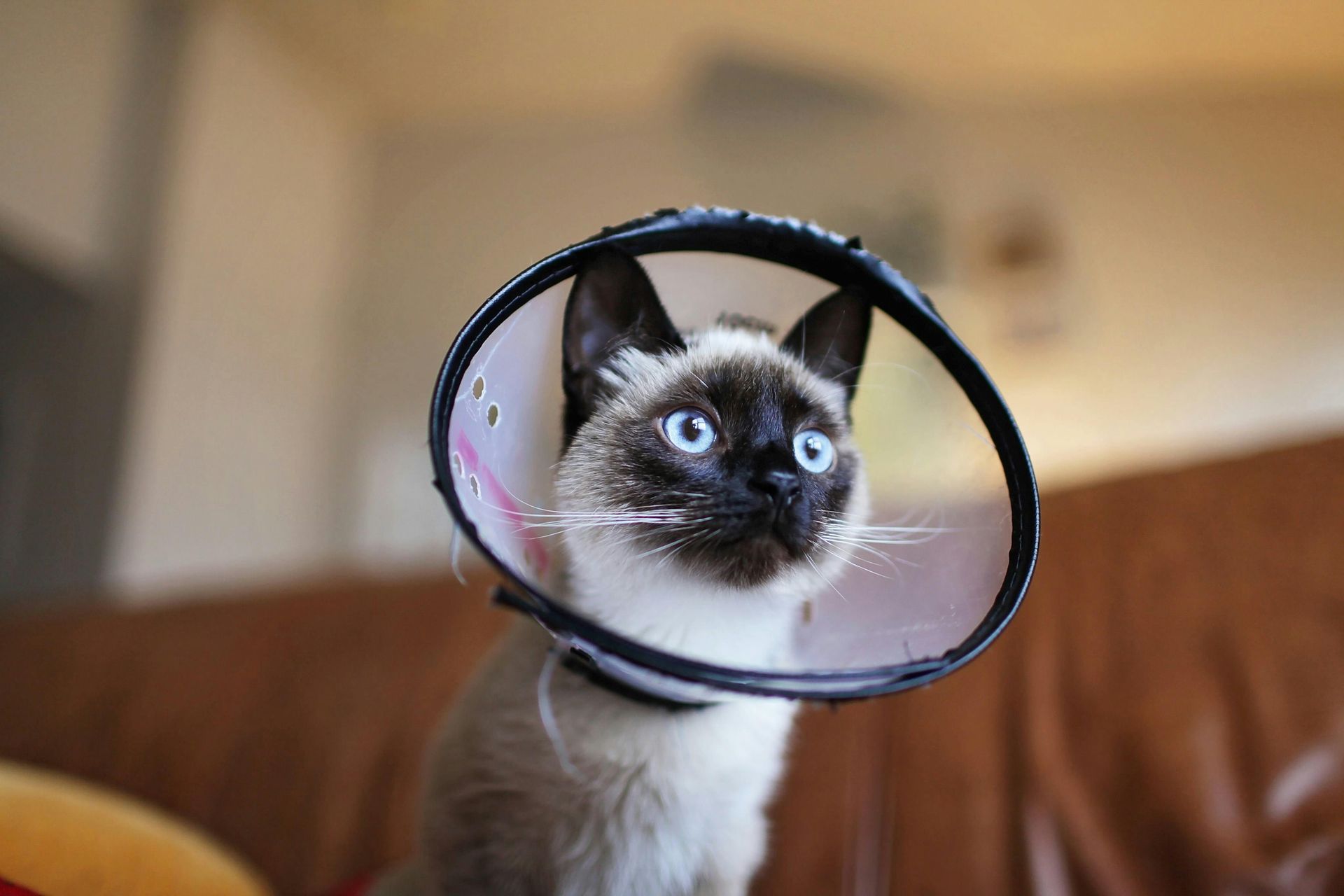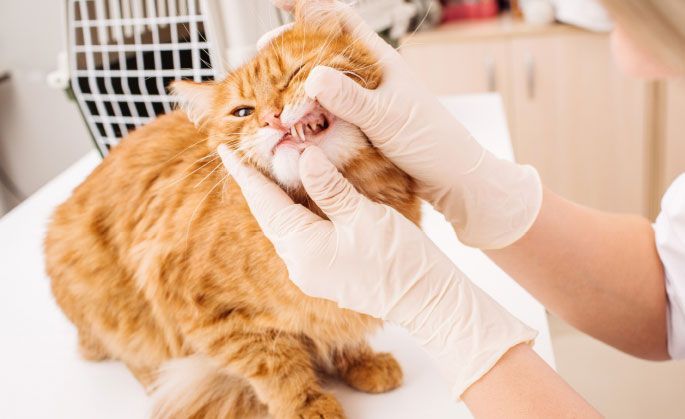New Kitten
HEALTH CARE FOR YOUR KITTEN
Vaccinations
It is essential to protect your kitten against the major infectious diseases: panleucopenia, chlamydia, herpesvirus and calicivirus. Kittens require a course of two injections, one at 8 weeks and then one again at 12 weeks.
If your cat is going to be outdoors we recommend that they be vaccinated against Feline Aids. Feline Aids is a virus that is contracted through being bitten by a FIV positive cat. This infection is carried in the system for life and as the disease progresses the immune system becomes too weak to fight infections or diseases. FIV is incurable and if the cat contracts secondary infections it is possible they could die. The FIV vaccination is a course of three injections, one at 8 weeks, 10 weeks and 12 weeks.
Worming
All cats need to be wormed regularly to control roundworms, hookworms and tapeworms. Kittens should be wormed every two weeks until 3 months old, then every month until 6 months of age, then every 3 months for life. Supermarket and pet shop brands may not kill all types of worms, so please ask for our advice.
Fleas
Monthly top spots ( Advocate, Revolution) are available for the prevention of fleas & worms on your cat. Some top spots also treat intestinal worms (except tapeworm), heartworm and ear mites (Advocate, Revolution)
Nutrition
Kittens’ stomachs are small, but their energy requirements are high. Consequently they should eat small feeds frequently. Start with 4 meals per day, and reduce to 2 meals per day by about 12 weeks of age. Provide a diet that is complete, balanced and especially formulated for kittens (Advance Kitten, Optimum Kitten). Kittens will stay on a kitten diet until they are roughly 12 months of age. There is no need to provide milk. Many kittens are lactose intolerant and feeding cow’s milk can cause diarrhoea. Ensure your kitten always has a good supply of fresh, clean water.
Dental Health
Although a balanced and complete commercial diet provide the correct nutrition for your kitten, they do little to keep your cats teeth clean. Only mechanical action can prevent tartar build up occurring on teeth. Dry foods provide some mechanical action and are better than wet food as wet food get stuck in the teeth/mouth. We recommend chewing on raw chicken necks or wings 2-3 times a week. Never feed cooked or cut bones as these can splinter or be swallowed whole which could cause obstructions or pierce the gut. Brushing your cats’ teeth is also another option.
Desexing
Both male and female cats make better pets when they are desexed. Entire female cats come into season frequently until they become pregnant. An entire female can also learn the habit of urine spraying to attract feral males, who could spread diseases such as feline AIDs. Entire male cats are more likely to wander and fight increasing the risk of developing abscesses and contracting feline AIDs. Entire males also develop the habit of urine spraying, a habit that can be difficult to break once acquired. Desexing is recommended at 5-6 months of age.
House Training
Many kittens are already at least partially house-trained before they go to their new home, and only need to be shown where the litter tray is. Select a quiet, protected area to keep the tray as cats are very private. Always keep the litter tray in the same place. Be patient with your kitten for the first few weeks and never punish the cat as this will only exacerbate the problem. Cats are very meticulous and some will not use a soiled tray so do not expect your kitten to use it if you do not clean the tray and provide clean, fresh litter. Some cats do not like the smell of disinfectants or detergents so always clean the tray with boiling water.
Identification
It is a requirement by law that all cats are registered with the Toowoomba Regional Council within 14 days of the cat becoming 12 weeks of age. Microchipping between the age of 8 and 12 weeks is also a legal requirement. A microchip is a device implanted under the skin and that carries a unique number that is linked with the owner’s details. It is implanted under the skin for permanent identification. This number is different to the council registration and can be read with a microchip reader. It is also advisable to provide an identity tag to go on the collar that has the cats’ name, your name and telephone number.
6 Weeks
- Intestinal Worming.
8 Weeks
- F3 Vaccination +/- FIV Vaccination.
- Intestinal Worming.
10 Weeks
- FIV Vaccination.
- Intestinal Worming.
12 Weeks
- F3 Vaccination +/- FIV Vaccination.
- Intestinal Worming.
- Microchip.
16 Weeks
- Intestinal Worming.
20 Weeks
- Intestinal Worming.
24 Weeks (6 Months)
- Intestinal Worming.
- Desexing.
Every 3 Months (for the rest of life)
- Intestinal Worming.
15 Months
- 1st Annual Vaccination.
Annually
- Health Check
- Vaccination
Health Care Timeline











